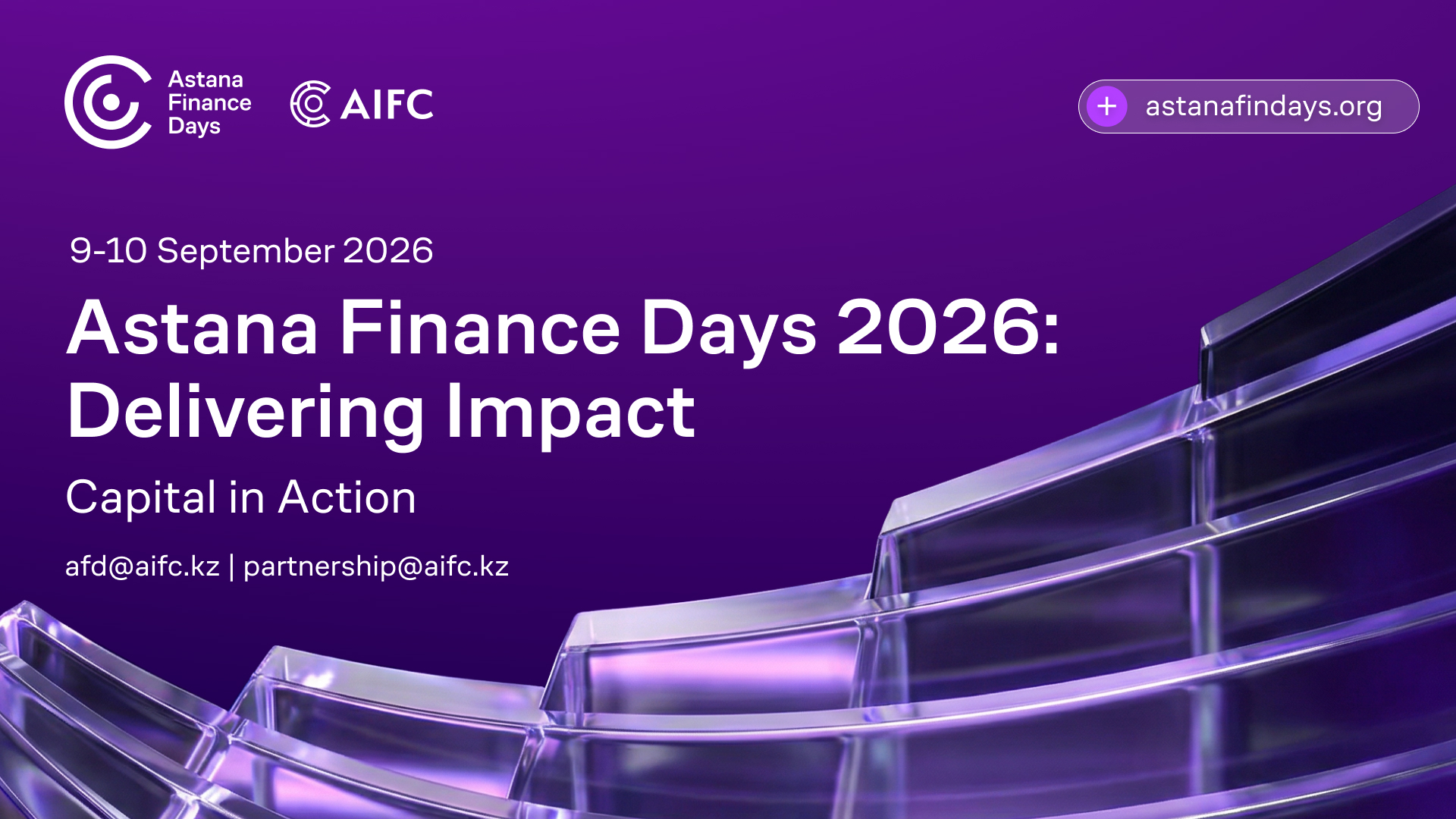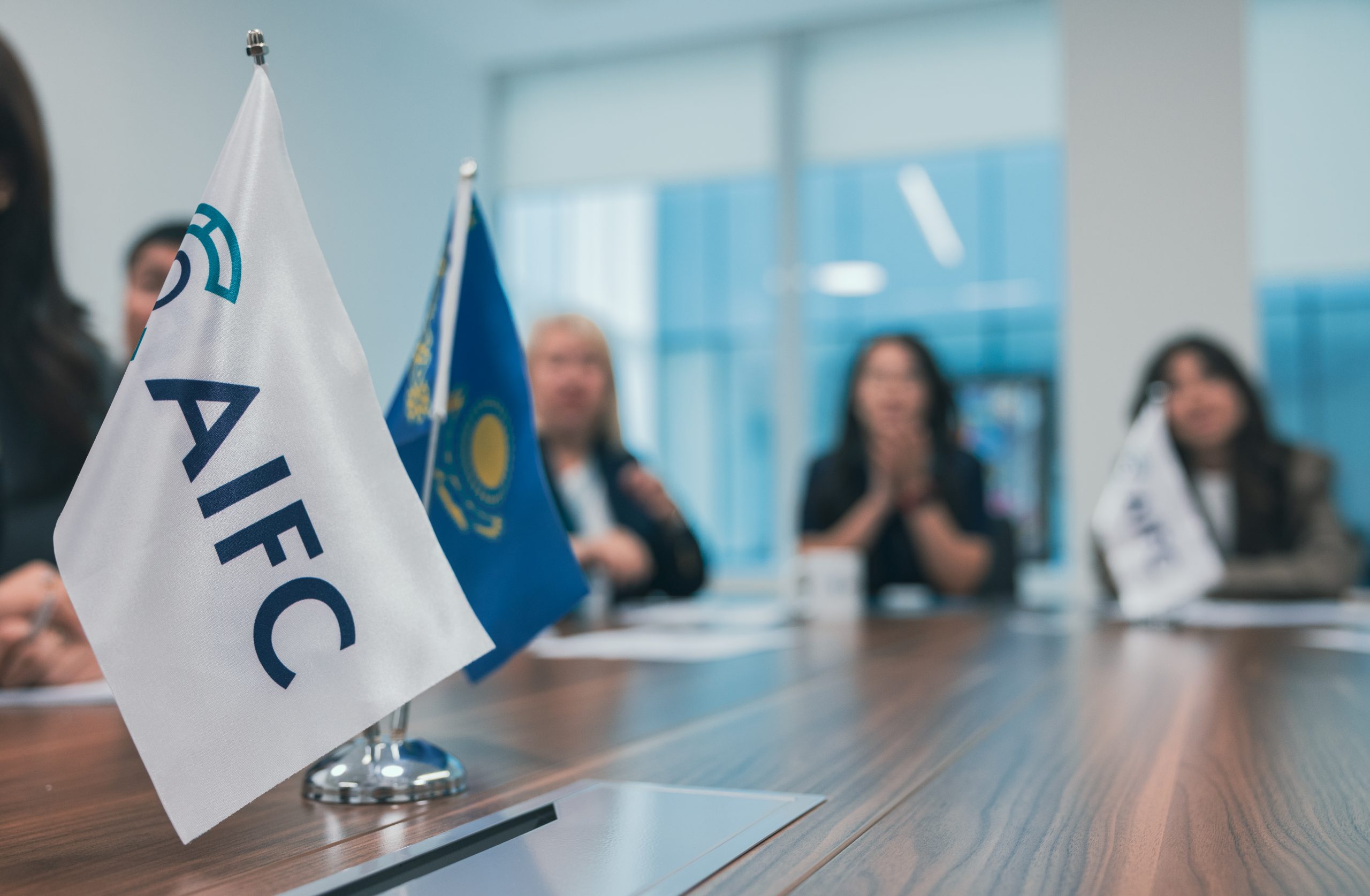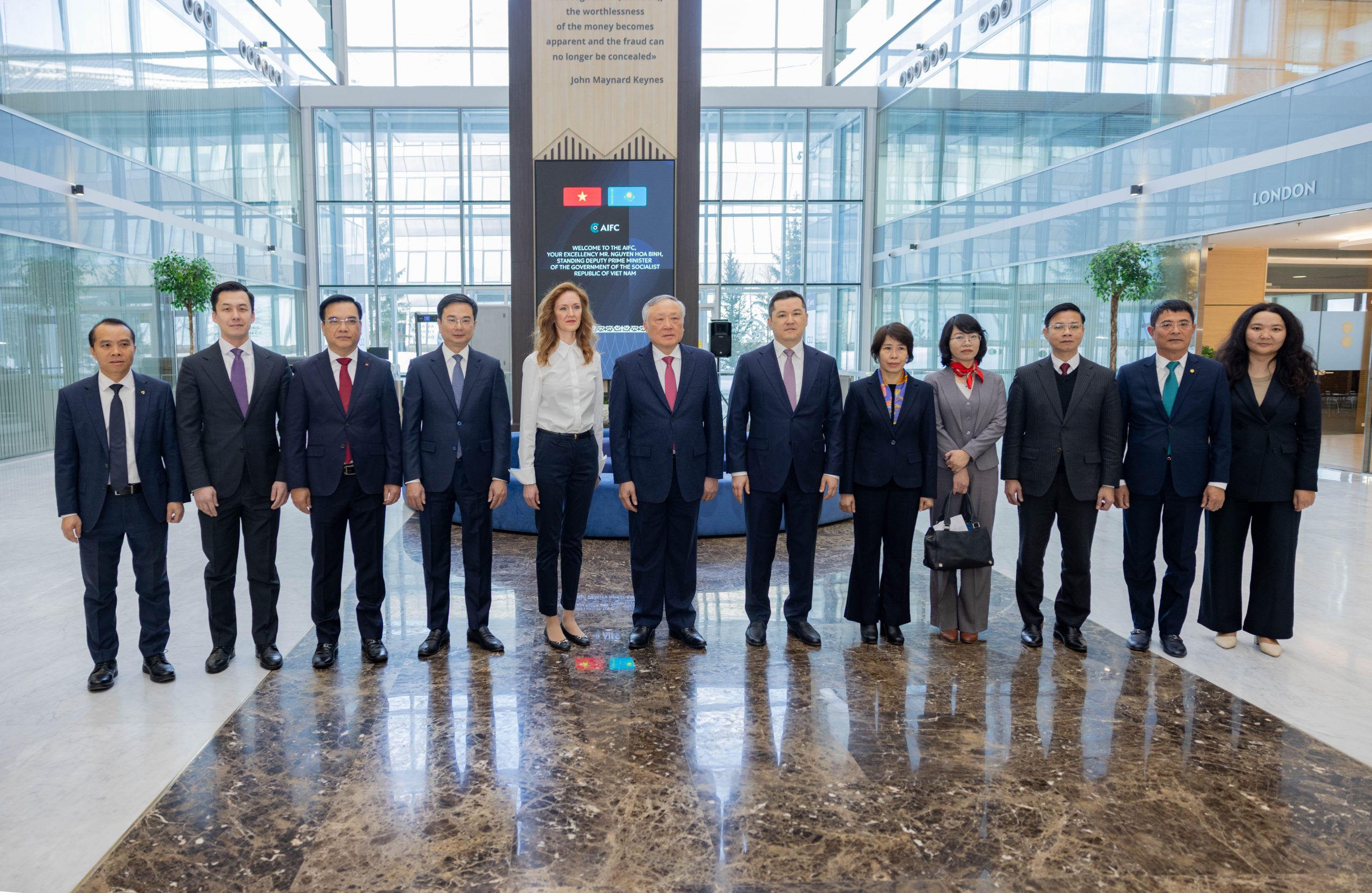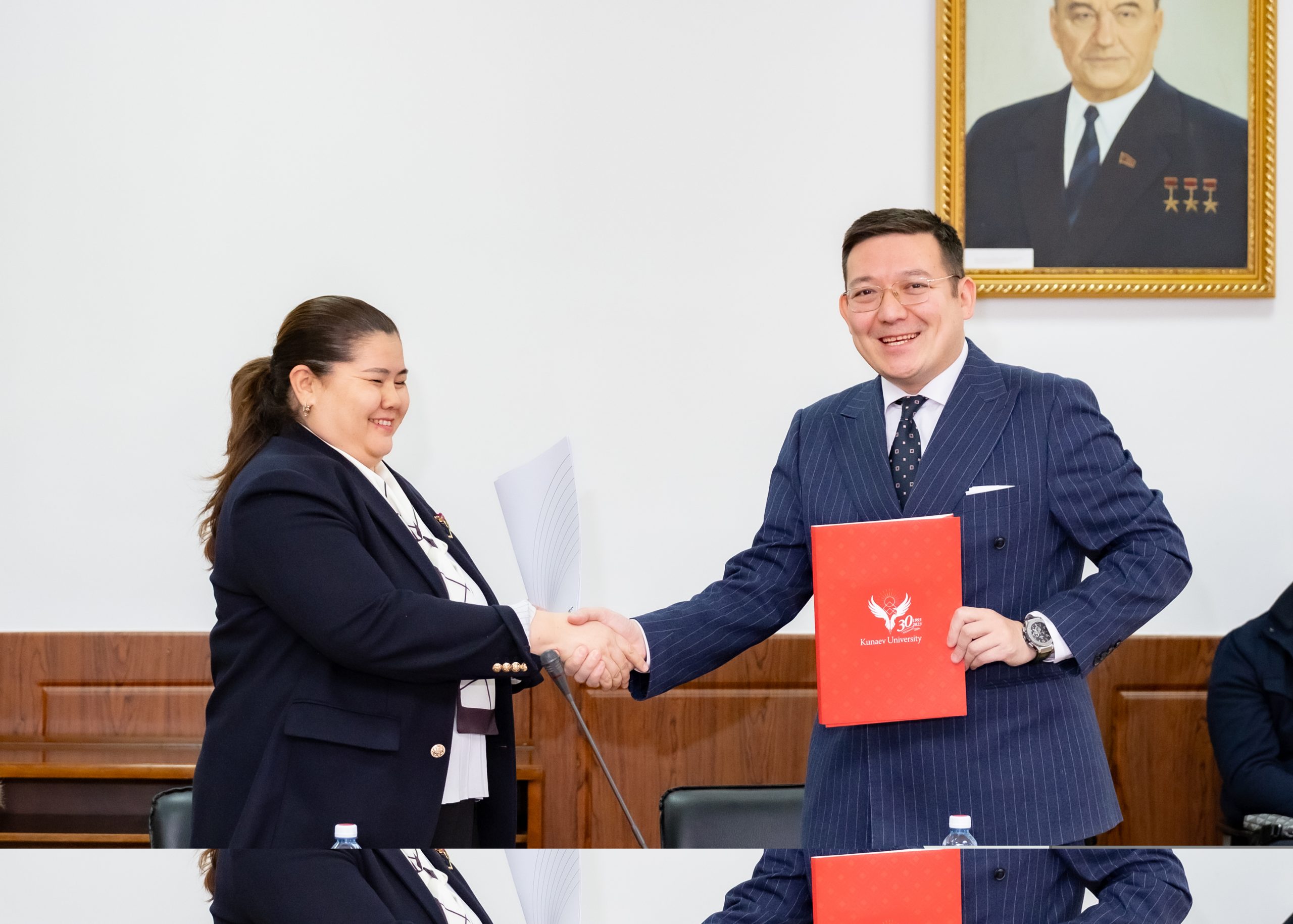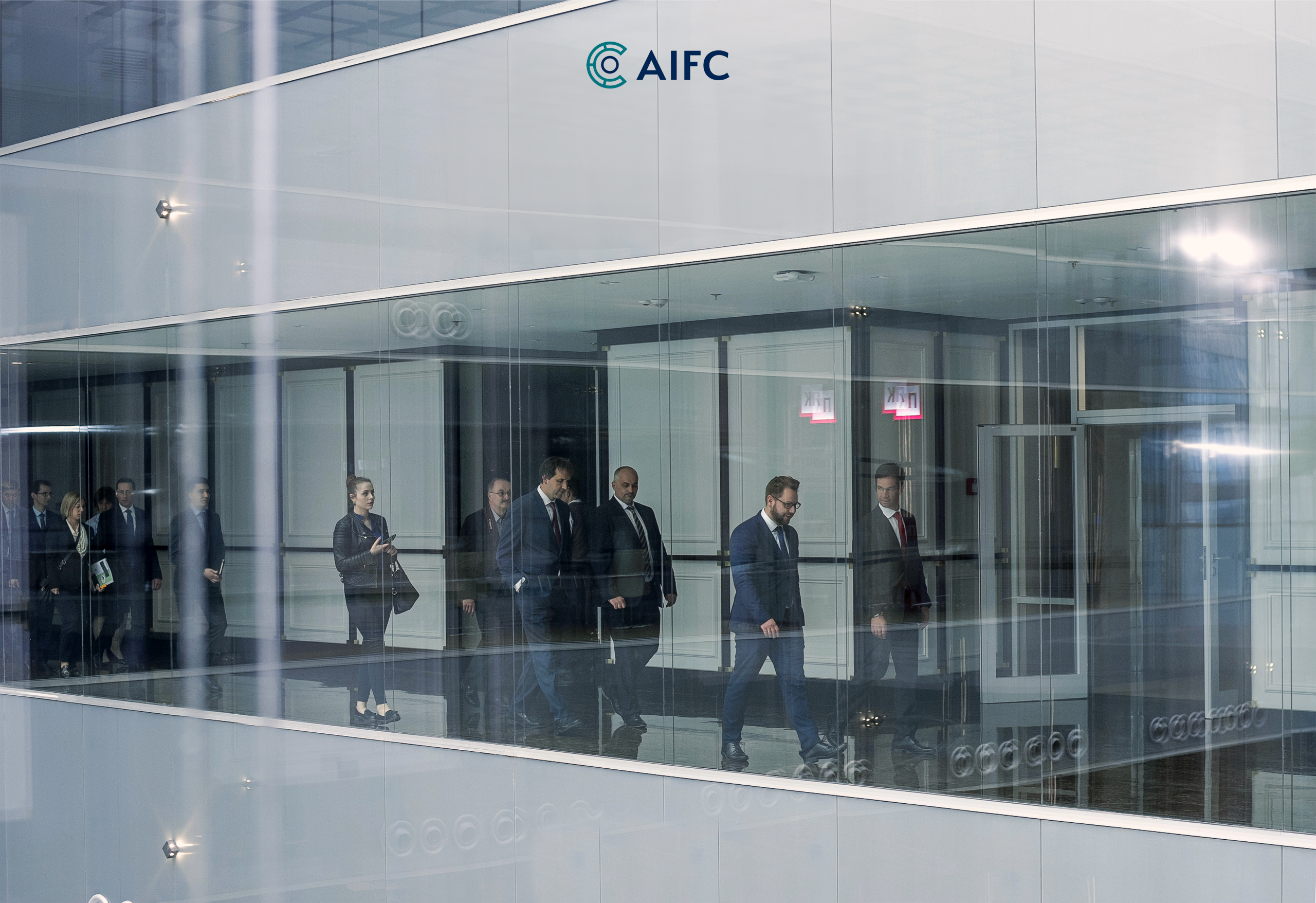AFSA adopts comprehensive framework on Providing Money Services

The Astana Financial Services Authority (AFSA) has adopted a comprehensive Providing Money Services framework, introducing the AIFC Rules on Providing Money Services alongside consequential amendments to the AIFC General Rules, AIFC Glossary, AIFC Conduct of Business Rules, AIFC Banking Business Prudential Rules, and AIFC Rules on Digital Asset Activities.
Please note that the new Rules will enter into force in two phases:
- On 13 October 2025 for the provisions related to definitions, capital requirements and the use of digital assets in money services;
- On 13 January 2026 for the provisions on Client protection and cyber resilience.
The framework responds to the demands of a growing number of AIFC Participants providing money services as a primary activity — currently, ten authorised Money Service Providers (MSPs). It is designed to ensure a safe and secure environment for consumers while enabling the development of a competitive and innovative financial market. The new framework consolidates existing requirements into a single, clear and consistent rulebook, streamlining the regulation of money services.
A key feature of the framework is that it broadens the regulatory scope. The revised list of regulated money services now encompasses arranging currency exchange[1], providing or operating payment accounts[2], acquiring payment transactions[3], payment initiation services[4], and account information services[5]. The framework also clarifies which activities fall outside the regulatory perimeter. These include technical support services like cloud infrastructure and identity verification tools, transactions between digital asset service providers (DASPs), including foreign DASPs, for liquidity purposes, and user-initiated transfers of digital assets between their own accounts, among others.
The framework also provides clarity on the perimeter of AFSA regulation. Once in effect, AFSA will regulate payment transactions using digital assets that function like traditional money services — such as digital asset remittances and acquiring. It will also cover non-custodial service providers with business models similar to payment initiation services, like MetaMask[6] or Trust Wallet[7].
To reflect the growing use of digital assets, the framework introduces two ways MSPs can operate:
- Bridge model: the MSP handles digital assets in its own name—it sends, receives, or holds assets on behalf of clients but under the provider’s control.
- Direct model: The MSP acts like an intermediary — helping clients send or receive digital assets directly between Clients’ own wallets to or from wallets of MSP.
To strengthen consumer confidence, the framework introduces enhanced Client protection measures, including mandatory disclosures in Client agreements, refund provisions, liability for unauthorised transactions, and clear rules on the rights of recourse.
In line with its longstanding regulatory approach, AFSA continues to uphold strong requirements on operational and cyber resilience. These include established expectations around solid technology governance, ongoing IT risk monitoring and testing, independent IT audits, cybersecurity policies, and incident reporting protocols. Strong customer authentication mechanisms also remain essential to reduce the risk of fraud.
Reference:
The Astana Financial Services Authority (AFSA) is the independent regulator of the Astana International Financial Centre (AIFC), which is established in accordance with the Constitutional Law of the Republic of Kazakhstan “On the Astana International Financial Centre” for the purposes of regulating financial services and related activities in the AIFC. AFSA administers the AIFC Regulations and Rules and is responsible for the authorisation, registration, recognition and supervision of financial firms and market institutions in the AIFC.
Over 4000 firms from over 85 countries are registered in the AIFC. These firms provide banking, insurance, investment, professional and other services. The range of financial services offered at the AIFC is comparable to the list of services available in long-established financial centers of the world, such as London, Hong Kong, Singapore, Dubai and others. www.afsa.kz
The Astana International Financial Centre (AIFC) is an independent jurisdiction with a favourable legal and regulatory environment and a developed infrastructure for starting and doing business, attracting investment, creating jobs and developing Kazakhstan’s economy. https://afsa.aifc.kz/
Contact information:
Public Relations and Communications Division of AFSA: +7 (717) 264 73 43; +7 7172 61-37-45 email: [email protected]
[1] Arranging currency exchange refers to facilitating currency exchange services for clients by connecting them with firms authorised to provide such services under the AIFC Rules on Currency Regulation and Provision of Information.
[2] Providing or operating a payment account involves opening, closing, and managing accounts that enable clients to hold funds and perform payment operations—such as transfers, deposits, and withdrawals—offered by firms authorised under the AIFC rules.
[3] Acquiring payment transactions refers to facilitating payments on behalf of merchants, enabling them to accept methods such as credit or debit cards from customers (e.g. for online purchases).
[4] Payment initiation services are online services—typically offered by fintech firms—that allow customers to initiate payments directly from their accounts held with other financial service providers (e.g., banks), often providing a more user-friendly and convenient experience.
[5] Account information services provide aggregation of financial data—such as account balances and transaction history—from multiple financial service providers (e.g., banks).
[6] MetaMask is a non-custodial digital wallet that allows users to store cryptocurrencies and interact directly with blockchain-based applications. It enables users to initiate transactions from their own accounts without relying on third-party intermediaries.
[7] Trust Wallet is a non-custodial mobile wallet that enables users to store, manage, and transfer a wide range of cryptocurrencies. It also allows direct access to decentralized applications (dApps) and supports transaction initiation without third-party intermediaries.
